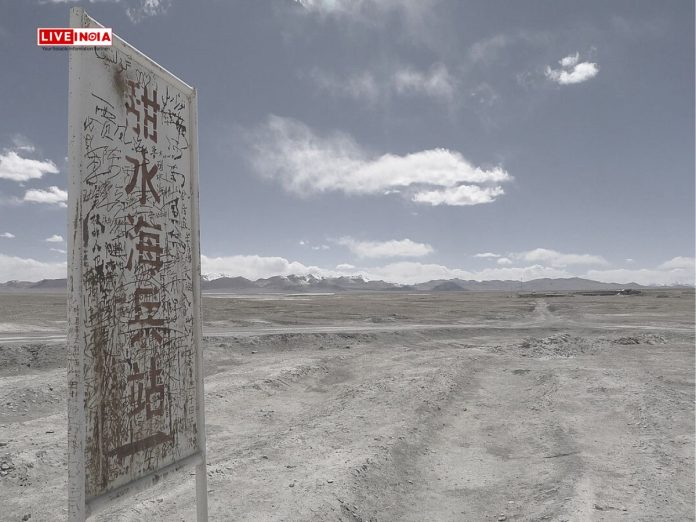Foreign affairs expert highlights China’s administrative expansion in Hotan Prefecture and raises environmental concerns over the Yarlung Tsangpo mega-dam project.
New Delhi, January 4: Foreign affairs expert Robinder Sachdeva has raised concerns over China’s recent move to establish two new counties in Hotan Prefecture, incorporating parts of Indian territory in Aksai Chin. The development has sparked diplomatic backlash from India, with fears of heightened territorial and environmental repercussions.
Sachdeva explained that the establishment of He’an County and Hekang County is part of a strategic administrative mechanism aimed at strengthening China’s hold over Aksai Chin.
#WATCH | Delhi: On China's two new counties in Hotan prefecture, Foreign Affairs expert Robinder Sachdeva says, " China is increasing its hold in Aksai Chin region. This is an administrative mechanism…in Hoten, there are 7 counties already and now two more have been made…they… pic.twitter.com/iXQkvYEl8g
— ANI (@ANI) January 3, 2025
“This is an administrative maneuver by China. Hotan Prefecture already had seven counties, and now two more have been added. These counties will have their own administrative capitals, reflecting increased Chinese control and infrastructure development,” Sachdeva said in an interview with ANI.
He emphasized that China’s actions suggest a reluctance to improve bilateral relations with India, instead opting to freeze the conflict while consolidating its territorial grip.
“China’s overall approach seems to favor maintaining a frozen conflict while incrementally increasing its administrative and infrastructural hold over disputed territories,” he added.
Environmental Impact of Yarlung Tsangpo Dam Project
Sachdeva also expressed serious environmental and geopolitical concerns over China’s proposed mega-dam project on the Yarlung Tsangpo River, referred to as the Brahmaputra River in India.
“This dam, estimated to cost around USD 140 billion, could significantly impact water flow, affecting both drinking and irrigation water supplies in Arunachal Pradesh and Assam,” he warned.
Sachdeva highlighted potential disruptions to soil stability and environmental health downstream, raising alarms about China’s unilateral control over shared water resources.
“A project of this scale has far-reaching consequences, not just for water availability but also for soil integrity and ecological balance,” he noted.
India Lodges Diplomatic Protest
In response, India’s Ministry of External Affairs (MEA) issued a strong diplomatic protest against China’s actions.
MEA spokesperson Randhir Jaiswal asserted, “We have never accepted the illegal Chinese occupation of Indian territory in this area. The creation of new counties will neither affect India’s sovereignty nor legitimize China’s illegal occupation.”
India reaffirmed its commitment to protecting its territorial integrity and water resources, warning that the creation of new administrative divisions would not alter its position.
China’s state-run Xinhua agency had earlier reported the establishment of He’an County and Hekang County in the Xinjiang Uygur Autonomous Region, a move seen as part of China’s broader regional consolidation strategy.
As tensions rise along the border, experts and policymakers continue to monitor developments closely, emphasizing the need for diplomatic vigilance and strategic preparedness.


